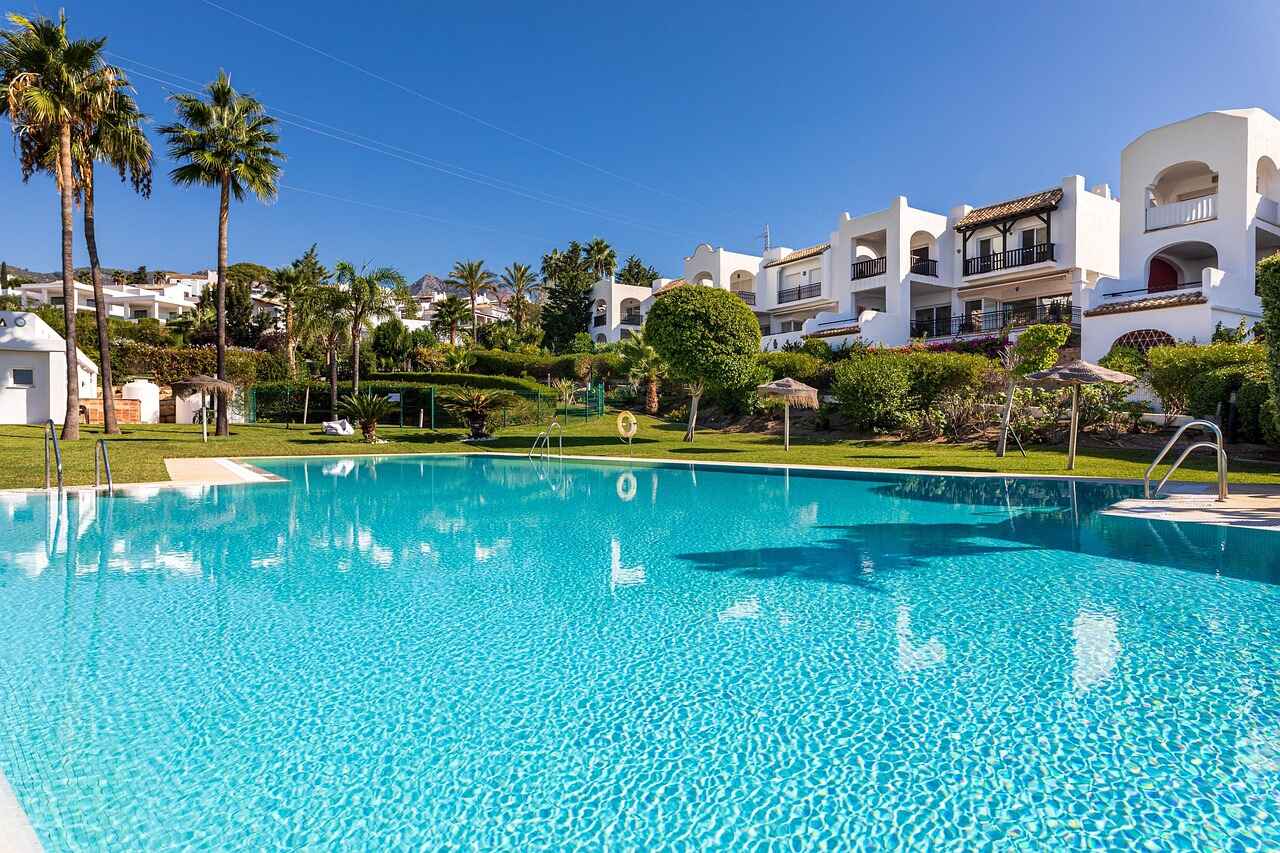There’s a difference between selling homes and selling a lifestyle—and luxury real estate lives entirely in the latter. You’re not just entering a market with higher prices. You’re stepping into a world where expectations are sharper, details carry more weight, and nothing is done by accident. If you’re serious about it, don’t wait for some perfect moment. Just begin. Pay attention, take your first steps, and let experience shape the rest.
Understand what defines luxury real estate
It’s easy to think luxury means expensive. But that’s too simple. What really defines a luxury property is how well it reflects the person who lives there. It could be the seclusion, the setting, the craftsmanship—or sometimes, it’s all of those together. A sleek penthouse overlooking the sea, a hilltop estate designed by a celebrated architect, or a home with a story you can feel when you walk in. As an agent, you need to understand not just what makes a property impressive, but what makes it meaningful.
Gain experience in the traditional real estate market
No one starts at the top. Before you step into a polished office at a luxury real estate agency in Monaco, you need to know how to handle the basics. That means time spent closing smaller deals, navigating challenges, and learning what clients want (and don’t). These early stages build habits—how to follow up, what to watch for in negotiations and how to stay calm when things shift suddenly. All of that matters later, when the properties are bigger and expectations are much, much higher.
Study luxury markets locally and globally
Luxury clients often move between cities—and countries. You’ll need to see the bigger picture. Someone buying in New York may also be looking in London or the French Riviera. The more you understand different luxury markets, the more helpful you’ll become. If you’re looking into French coastal areas, for instance, don’t just search in English. Try looking under local phrases, like immobilier Roquebrune-Cap-Martin, to better grasp how the market presents itself. Every region has its language—literally and professionally. Learn both.
Learn to speak the language of high-end buyers and sellers
These clients are used to being understood quickly. You won’t get far with vague terms or overused descriptions. Learn how to speak with clarity, but also precision. A “nice kitchen” doesn’t cut it—a “chef-designed kitchen with custom marble and professional-grade appliances” gets closer. That said, don’t go overboard. Listen more than you talk. These buyers are busy, careful, and often making decisions with multiple advisors. The more fluent you are in their world, the more trust you earn.
Leverage storytelling and lifestyle marketing
A luxury property isn’t just rooms and measurements—it’s a setting for a life someone wants to live. Your job is to help people picture it before they’ve even walked in. That’s where storytelling comes in. Good writing, strong imagery and thoughtful pacing—it all matters. A well-written post should draw someone into the point where they start imagining morning light on the terrace or a dinner party under olive trees. Done right, your listing should make someone want to buy a villa in St. Tropez, even if they weren’t planning to.
Invest in your personal brand and appearance
You’re not only the messenger—you’re part of the message. How you show up says something about the level of service a client can expect. You don’t need to follow trends blindly, but you do need to look like you take your role seriously. Keep your online presence sharp, speak with intention, and yes—details count. Even being aware of current haircut trends, the tone of your emails, or how you carry yourself in a room sends a signal. You’re not trying to impress—you’re trying to align with the world your clients live in.
Build a strong network within the luxury community
Success here is rarely solo. Behind every smooth deal are connections—concierge teams, designers, landscapers, architects and even security consultants. If a client needs a personal chef or a trusted art appraiser, being the one who can make that call matters. Every name you collect and every reliable partner you work with becomes part of the experience you offer. And in this business, experience is everything.
Get certified in luxury real estate specializations
Professionalism is expected—proof of expertise, even more so. Look into certifications that show you’ve taken the time to master the field. The CLHMS (Certified Luxury Home Marketing Specialist) is a strong starting point. But depending on where you’re working, regional training may be just as valuable. In Europe, for example, you’ll need to navigate a mix of legal systems, property laws, and cultural expectations. Whether it’s title transfers in Spain or tax implications in France, knowing the fine print gives you an edge others simply don’t have.





Be First to Comment